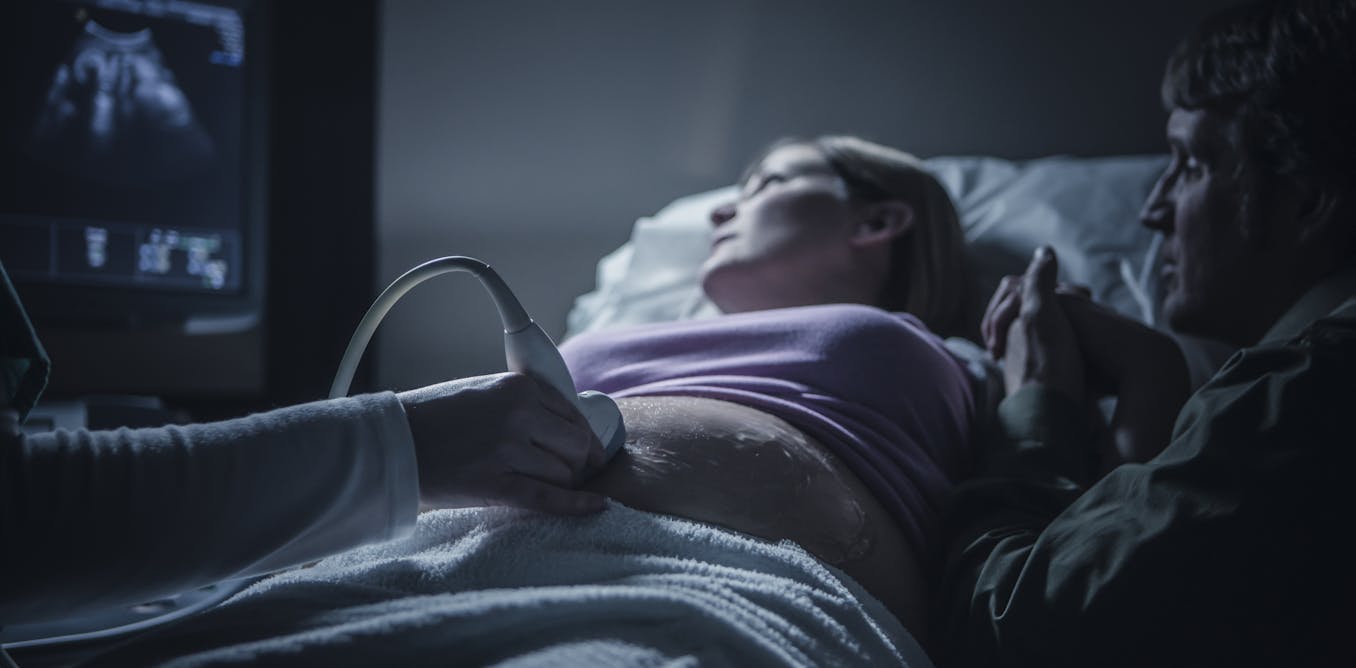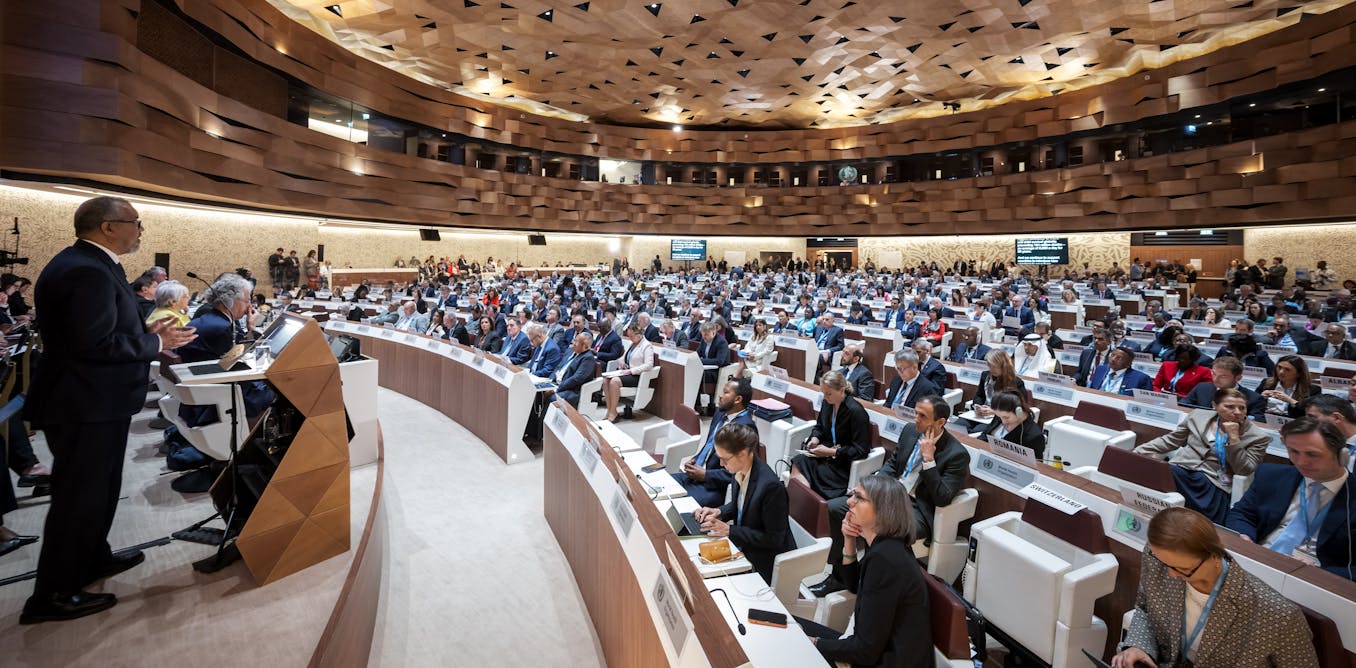A THREE-DAY-OLD baby died after 999 handlers took eight minutes to pick up a mum’s urgent call – before an ambulance took another 30 minutes to arrive, an inquest has heard.
Senior Coroner Darren Salter concluded Wyllow-Raine Swinburn died as a result of hyperinsulinism, a genetic disorder in which the body produces too much insulin.
4

4
This led to Wyllow-Raine developing hypoglycaemia, or low blood sugar, which ultimately caused her heart and lungs to fail.
The coroner found that the 31-minute wait for an ambulance hadn’t directly contributed to Wyllow-Raine’s death but said the family waited “far too long” for an ambulance.
He said he would be sending a Prevention of Future Deaths report to South Central Ambulance Service NHS Trust asking them to review their procedures around handling 999 calls and providing ambulances in an emergency.
The court heard evidence about the BT critical call process – where a 999 call that is waiting to be answered can be prioritised if the BT call handler hears sounds that indicate that it is a life-threatening situation.
The coroner also said he would also write to BT to better understand whether automatic messaging, which was heard during the call, may have interfered with the call handler hearing things clearly.
Wyllow-Raine was born at John Radcliffe Hospital on September 27 2022 and was allowed to go home on the evening of September 29 2022.
However, in the early hours of September 30 she became unwell and appeared to stop breathing.
Her mother, Amelia-Jayne Pill made a 999 call at 4.38am.
It took eight minutes for the emergency call to be answered by South Central Ambulance Service and East of England Ambulance Service.
The family gave Wyllow-Raine CPR while they waited for the ambulance, which arrived at 5.09am, more than 30 minutes after the emergency call was made.
The ambulance crew took Wyllow-Raine to John Radcliffe Hospital in Oxford where she was pronounced dead shortly after her arrival.
The inquest was heard over two days on Monday and at a previous hearing on June 21 2023.
The coroner heard evidence relating to the delay in the ambulance response, the care provided to Amelia-Jayne during her pregnancy and the care provided to Wyllow-Raine prior to her being sent home from John Radcliffe Hospital.
Dr Mark Anthony, a Neonatologist at Oxford University Hospitals NHS Trust gave evidence about the care provided to Wyllow-Raine following her birth.
Dr Anthony accepted that Wyllow-Raine’s high pitched cry might have been recognised as a warning sign of hypoglycaemia but added that, in real time, in a hospital environment, this wasn’t always an easy thing for staff to recognise.
Giving evidence, Karen Skillicorn-Aston from South Central Ambulance Service accepted that the family’s eight-minute wait for their 999 call to be answered and their 31-minute wait for an ambulance to arrive was “awful”.
She told the court that measures have since been put in place to improve communication between BT call handlers and ambulance staff and reduce waiting times.
Wyllow-Raine’s family are represented by Ella Cornish, associate solicitor and Suzanne White, partner and head of medical negligence at the law firm Leigh Day.
Speaking after the inquest, Wyllow-Raine’s mother Amelia-Jayne Pill said: ”For our family, this inquest process has been about getting answers for Wyllow-Raine, as she no longer has her own voice.
“No one should have to come to the realisation that help is too far away.
“The utter fear that no one is coming in an emergency and no one is picking up the phone.
“Nor should a parent be concerned over the standard of the maternity services they rely upon.
“We apply utter trust to the NHS and the ambulance service to do their job and protect all the adults, children and babies in their care.
“However, as the coroner made clear, there were delays responding to our emergency call when Wyllow-Raine was fighting for her life which the ambulance service itself has described as ‘awful’.
“In our view the NHS emergency response system failed us and Wyllow-Raine and needs to be overhauled.
“We are pleased that the coroner has decided to write to South Central Ambulance Service with a Prevention of Future Deaths Report outlining his concerns over the eight-minute response time for our 999 call and the 31-minute wait for an ambulance to arrive.
“We are calling for an independent review of the standards of maternity care within Oxford University Hospitals NHS Trust.
“We now want to help ensure that all NHS hospitals and ambulance trusts provide the highest levels of care to all newborns so that other families don’t have to endure the pain we have been through.”
The family’s solicitor, Ella Cornish from Leigh Day said: “I am relieved that the coroner has recognised the seriousness of the delays in the ambulance response to my client’s call.
”Any time someone has to call 999 for their child, it is a distressing and harrowing situation, and no one should have to wait more than eight minutes for that call to be answered.
”Whilst these delays were not found to be causative in Wyllow-Raine’s case, the coroner has highlighted the serious problems that occurred that night which, in other circumstances, might have meant the difference between life and death.
“It is the family’s view that warning signs were missed by the hospital who were caring Wyllow-Raine in the days after she was born.
”During the inquest we raised concerns about staffing levels on the postnatal wards, including the delegation of essential newborn care to non-medically qualified staff.
“First-time mothers should not be left to identify risks or concerns on their own.
“Whilst the inquest process is at an end, my clients have expressed the desire to continue to campaign so that no other family will have to experience the anguish that they have been through.”
Mr Salter returned a narrative conclusion at Oxfordshire Coroner’s Court.

4

4




